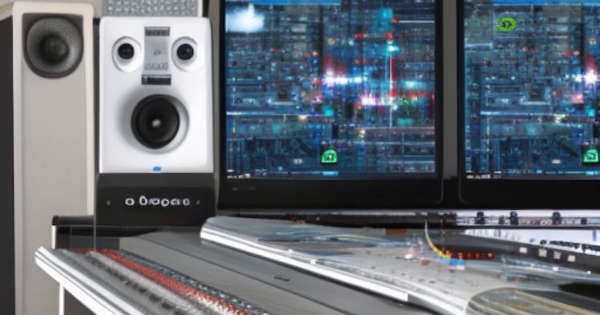
© Provided by Business Today
Google’s new AI can create various genres of music from text description
The recent advancements in artificial intelligence (AI) have enabled the technology to create outputs that were not possible before. Music is one of the most impressive examples of this, as AI has been able to create songs from text descriptions and is even capable of replicating existing pieces of music. Google has recently published a research paper titled MusicLM: Generating Music From Text.
AI has been used to generate music for some time now with examples such as Google’s AudioML and OpenAI’s Jukebox. In the early days, the technology was limited to generating basic music loops or simple melodies.
However, as technology has improved, AI has been able to create more complex songs, with elements that are more in line with traditional music composition. This has opened up a whole new world of possibilities, as AI can now be used to generate music in any desired genre with the help of MusicLM’s vast training model and database consisting of over 2,80,000 hours of music.
Google has been one of the main players in the AI-generated music scene. The company has developed algorithms that are capable of creating complete pieces of music based on a text description. For example, users can describe a genre, such as jazz, and the AI will generate a complete piece of music in that style.
Also read: This social media app for giving compliments is going viral among teens
Google’s AI-generated music tools are an impressive showcase of the power of AI. With the right algorithms, AI can create complex pieces of music in any genre. The technology also has a lot of potential applications, such as in film and game soundtracks, or as a tool for composers to use when writing new pieces.
However, MusicLM isn’t without limitations from strange vocals and sounds to copyright issues with current works of music.
“We acknowledge the risk of potential misappropriation of creative content associated to the use case. We strongly emphasize the need for more future work in tackling these risks associated to music generation,” co-authors of the paper wrote.
Also read: Move over ChatGPT, Microsoft’s new AI tool is helping developers code faster
Watch Live TV in English
Watch Live TV in Hindi